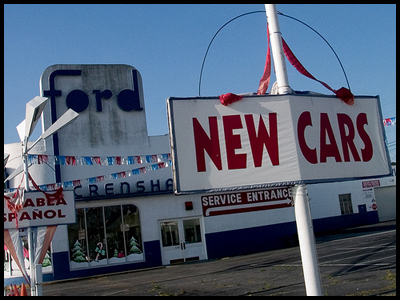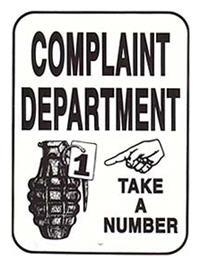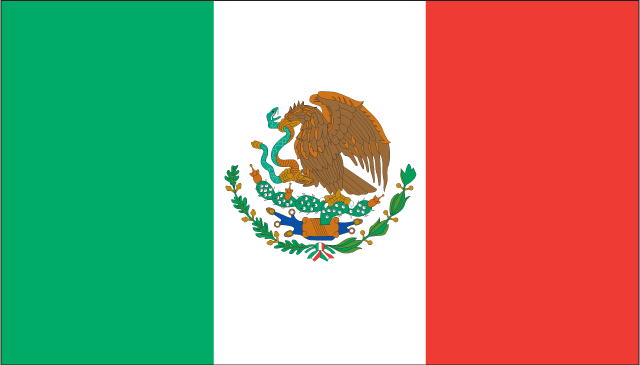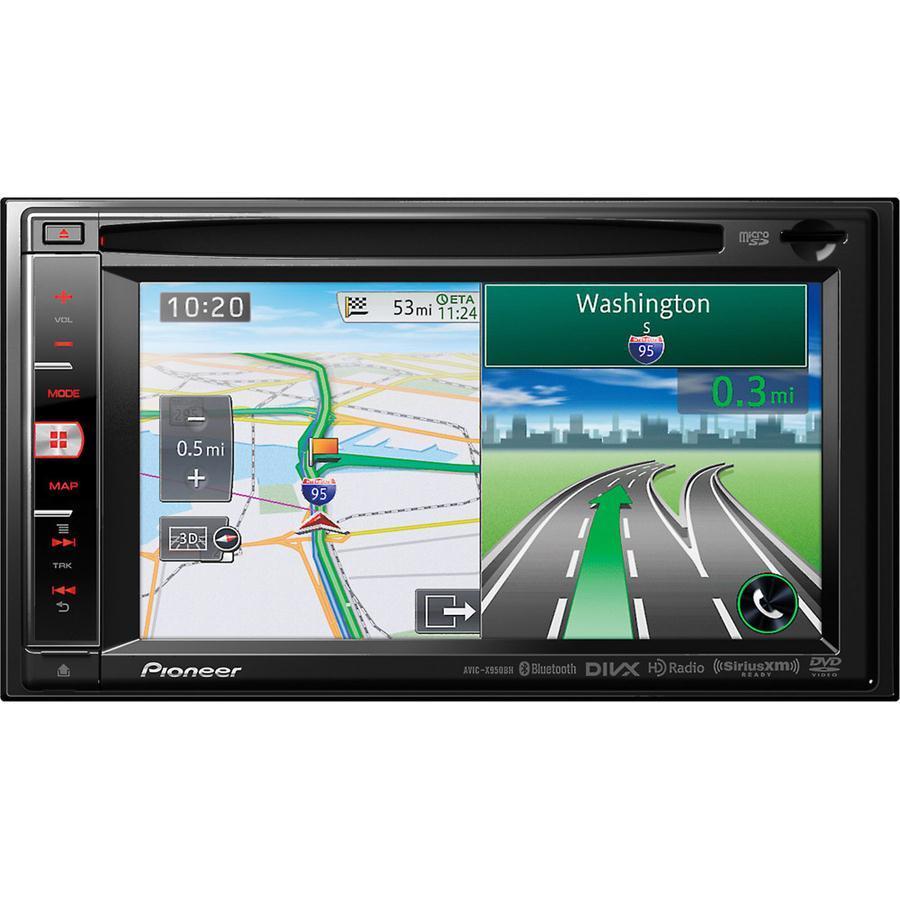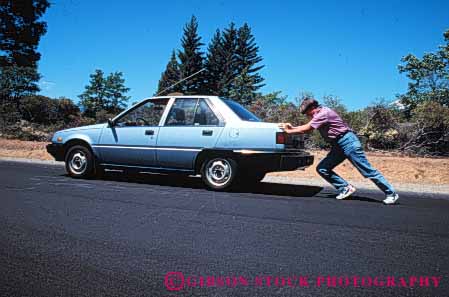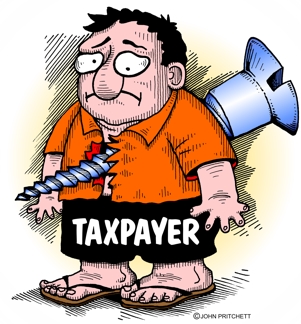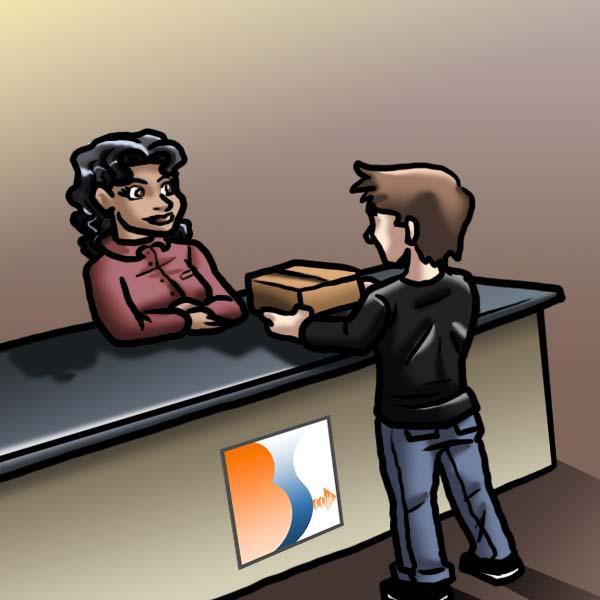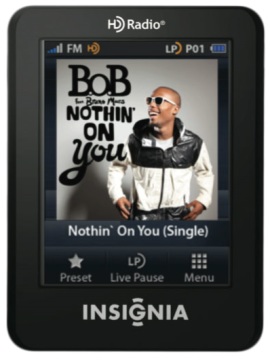 "iBiquity's Real Business Plan?"
"iBiquity's Real Business Plan?"
"The fact is that
iBiquity doesn’t care about interference because the only date in their calendar is the day the FCC approves their petition to sunset analog broadcasting. Then, interference won’t matter. Theirs is a game of delay and misdirection. They will point to
conflicting reports,
lack of listener complaints, and any other straw man they can come up with to while away the time until they petition for analog FM to end... Also, as heavily as Cheap Channel is invested in iBiquity, it’s little surprise that as the largest single radio licensee,
they are all for everything iBiquity wants. The pushback has happened and they’re terrified because people who aren’t on their payroll are now making the quantitative measurements. The only question is: Is the FCC bought and paid for as well?"
"iBiquity's Royalty Will Adverstly Affect Minority-Owned Stations"
"The royalty concept proposed by iBiquity will force small minority stations out of business and their stations would eventually fall into the hands of Clear Channel, ABC/Disney, Emmis, Bonneville, Cox and Radio One. Of course, these corporations have disclosed that they have a vested interest in iBiquity. REC feels that the proposed royalty rates by the broadcaster-backed iBiquity is strictly a ploy to drive the remaining independent minority broadcasters out of business and the megacasters like Clear Channel, et al will benefit from the
royalty fees paid by these minority stations. REC questions the legality of the iBiquity royalty scheme if the proprietary iBiquity system is chosen as the standard for DAB."
"District Court Dismisses Digital Radio Technology Suit"
"Kahn and his company Kahn Communications, Inc. alleged that the Federal Communications Commission (FCC) and non-government defendants (iBiquity Digital Corp., Lucent Technologies, Inc., Texas Instruments Inc., and Clear Channel Communications, Inc.) conspired to violate the
Sherman Act through the FCC's regulation of digital radio technology, and that the non-government defendants engaged in other ‘monopolistic behavior.'"
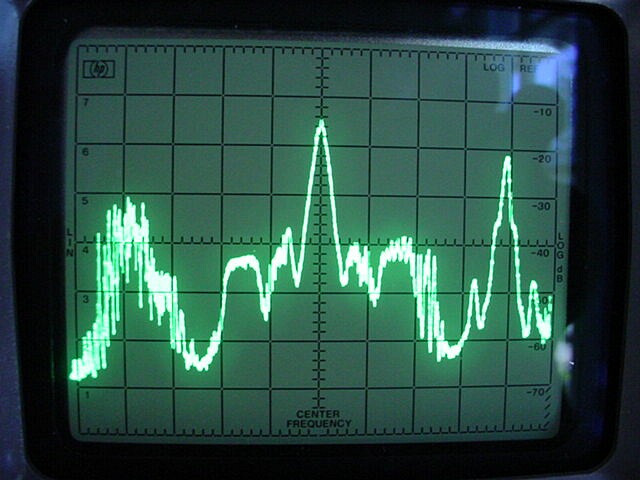 "When More Bandwidth is Less Choice"
"When More Bandwidth is Less Choice"
"The problem is that a side-effect of doubling the width of a radio station is that if your favorite radio station happens to be a weak little independent college, religious or community mom&pop radio station right next to a high-powered blow-torch of a radio on the broadcast dial you very likely will not be able to receive your favorite station again. In other words, your favorite station's signal is jammed by the big stations digital signal! The effect is like the
Nazi radio giveaway because it destroys by law our ability to receive weaker or more distant signals
but does not allow local competition to replace that loss with new programming sources."
"Night of the Bees"
"Radio listeners across America are trying to hide from a monster, but there is no shelter. After spending its adolescence in technical trials during daytime hours,
AM-IBOC has now come out at night. We have met the enemy and he is us! The effects of HD Radio interference may be the final death blow to struggling small local radio stations trying to compete in very difficult market situations. This
noisy hash may extinguish all hope of local stations being heard in the clear ever again."
"HD Radio: Doomed From the Start"
"HD Radio was not only doomed from the start, it was such a serious blunder that it may well lead to the death of thousands of radio stations and the permanent stunting of the industry itself. Why did this happen? They didn’t want the 10-Watt student station to suddenly have an equal signal to theirs. And the
money-men didn’t want dozens of new independent channels to be available to listeners. But IBOC gave the money-men the one thing they wanted most of all: It
preserves the inferiority of the smaller broadcasters. In fact, amid a sea of IBOC hash from the big boys, it accentuates their inferiority. The end result of this shortsightedness will be bankruptcy for many stations, fewer and poorer choices for the listeners as conglomerates
gobble up the remains."
 "FCC Admits Ignorance on Digital Radio"
"FCC Admits Ignorance on Digital Radio"
October 2002 - "The Commissioners seemed completely unconcerned about the documented evidence illustrating potentially disastrous interference problems with IBOC technology. But the whopper came from the mouth of Michael Copps, who admitted with incredible candor he had no idea what the hell he was unleashing.
Everybody involved pretty much admitted from the outset that the digital radio initiative is all about giving the broadcast industry more avenues to make money rather than actually improving radio from the perspective of the listener. You can watch and listen to the deed being done at our
special report on the IBOC vote."
"FCC: Market to Decide Fate of HD Radio"
"According to staff testimony at the meeting, the FCC appears unconcerned with HD Radio's potential pitfalls and more than willing to
let the industry set the pace of radio's analog/digital transition. As for the actual vote, Democrat Commissioners Michael Copps and Jonathan Adelstein both went along reluctantly, concurring and dissenting in part with the order itself. Said Commissioner Copps: By adopting a blanket authorization for digital radio, this decision confers a free pass on others to take their spectrum, bypass local communities and run more of the canned and nationalized programming."
"Are HD Radio Stations Serving the Public Interest?"
"The FCC has essentially handed over this additional spectrum to incumbent broadcasters without thinking seriously about the long-term implications of this transition, how it related to media ownership in local markets and its bearing on the Commission’s public interest obligations. FMC proposes
an HD radio playlist analysis project during which a researcher would examine HD radio programming, and determine whether programming is increasing diversity, or addressing local issues or community interests."

